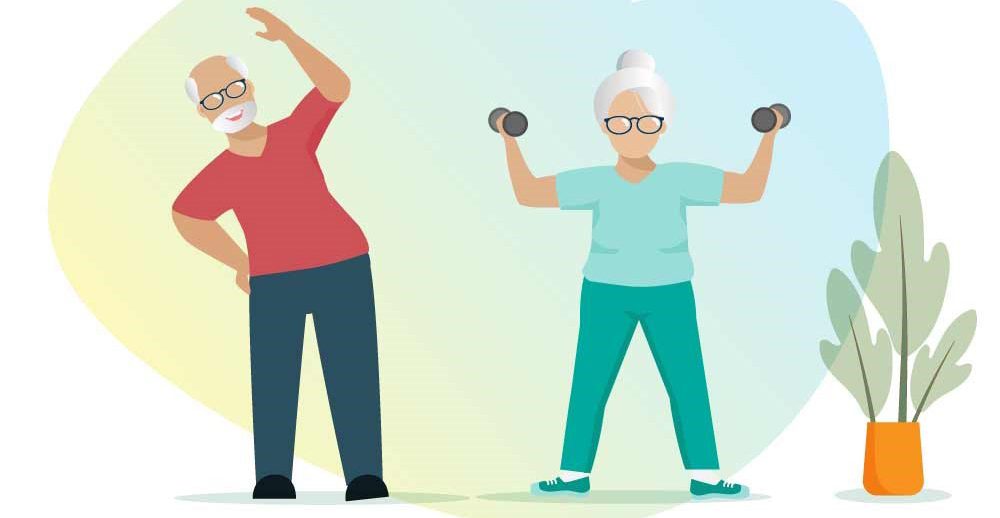Acute geriatrics is an interdisciplinary care facility that is usually located within a hospital. These facilities are becoming increasingly important, as they offer enormous benefits to older people who are at the crossroads between independence and the need for care. For example, if these people suffer from an acute illness such as a fracture after a fall, acute geriatrics aims to strengthen them functionally and make them mobile again so that they can return to their familiar surroundings. A report by HEALTH, the Institute for Biomedical Research and Technologies at JOANNEUM RESEARCH, shows that 90% of people who previously lived at home succeed in doing so.
The Acute Geriatrics Report 2022 aims to draw attention to the effectiveness of this form of treatment.
Julian Gutheil, project manager at JOANNEUM RESEARCH, explains: "The report shows what acute geriatrics is, which people are treated there and how successful the treatment is. For example, 90% of patients who previously lived at home were able to return there after their stay. On the one hand, this is a great benefit for the patients and, on the other, a great benefit for society, as the nursing home could be avoided."
All analyses refer to the inpatient cases of the 14 participating Austrian acute geriatric clinics that were uploaded to the JOANNEUM RESEARCH benchmarking system. This has been in operation since 2008. It was developed in co-operation with the QiGG association (Quality in Geriatrics and Gerontology). A total of almost 6000 cases were recorded in 2022. The report also highlights gender-specific differences: men suffer almost three times as often from swallowing disorders and almost twice as often from communication disorders compared to women. Women, on the other hand, are twice as often admitted to acute geriatrics and treated for femoral neck fractures.
There were significant improvements in independence following treatment in the acute geriatric ward: 46% of people who were largely dependent on care on admission only required partial assistance on discharge. 41% of those who originally needed help were only partially dependent on discharge, as measured by the Barthel Index. Pain is the most common functional disorder, affecting 73% of patients. 38% suffer from depression and/or anxiety disorders, with this rate rising to 62% for people with severe visual impairments. 34% suffer from a fluid and electrolyte imbalance and this rate rises to 71% for people with decubital ulcers (chronic wounds that occur mainly in patients with reduced mobility).
Overall, the report provides an important indication of the importance of functionality in the treatment of older patients and its influence on independence after acute illnesses.


